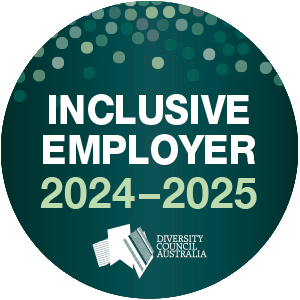No to Violence has an unwavering commitment to acknowledging and celebrating service users and staff from a range of diverse communities including LGBTIQA+, First Nations, Multicultural, Multifaith, Refugees and Asylum Seekers, Culturally and Racially Marginalised (CARM), People with a Disability and those in Regional and Remote areas.
This webpage will provide information for people from a range of diverse communities, both those who use abuse and those who know and love them.
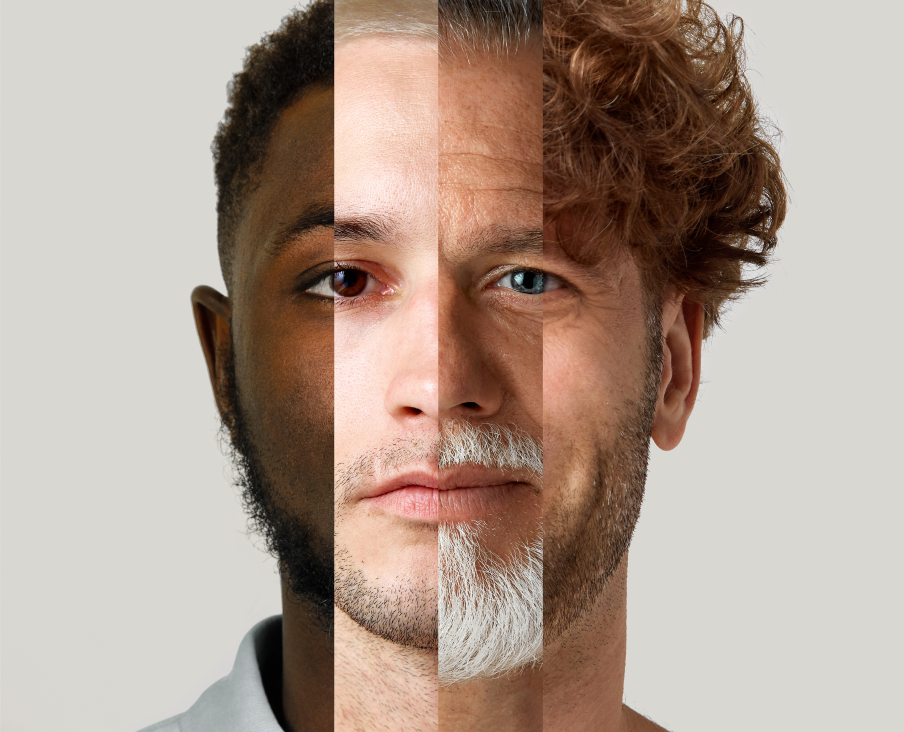
Diversity and Inclusion Strategy Statement
NTV strives to provide an accessible, safe and inclusive environment for staff and service users. We ensure staff are supported to work with people from a variety of communities with inclusive policies and procedures and regular professional development.
We support our internal staff with Diversity Allies and Staff Reference Groups specific to different communities and identities and these groups, along with our Community Advisory Council and Diversity and Inclusion Advisor, inform inclusion at NTV.
E,D&I policy GOV007 Equity, Diversity, and Inclusion Policy
Diversity Statement
NTV is dedicated to creating an inclusive environment for everyone, where every employee and service user is treated with dignity and respect. These human rights values are upheld for everyone regardless of differences in our individual characteristics and traits such as cultural background, age, ethnicity, race, faith, beliefs, religion, ability, sexual orientation, intersex status, or gender identity, as well as gender expression, parental status, marital status, neurodiversity, or physical appearance.
We are committed to building a diverse and inclusive workplace. We pledge to cultivate a workplace culture that is safe, accessible, fosters inclusiveness, promotes diversity and celebrates the unique skills and qualities of all our employees.
We’re united by NTV’s values, and we celebrate our unique differences. We believe that articulating our values and accountabilities to one another reinforces that respect and provides us with clear pathways to correct our culture should it ever stray. We commit to enforcing and developing this code as our team grows.
Rights and Responsibilities charter GOV007.1 Diversity and Inclusion – Rights and Responsibilities Charter
Cultural Safety Statement
NTV recognises and values the distinct contribution people can make because of their unique background, different skills, experiences and perspectives.
NTV is committed to creating a culturally safe environment where all people are treated with dignity, courtesy and respect, consistent with Equal Opportunity, Health and Safety and Industrial Laws, and in accordance with the Victorian Human Rights Charter and NTV’s code of conduct and values.
Where a staff member or service user feels they have been subject to discrimination during their engagement with NTV, they are able to utilise informal or formal options for resolving the matter.
Cultural Safety guidelines GOV007.2 Cultural Safety Guidelines
Intersectionality Statement
NTV is committed to working with an intersectional approach to equity, diversity and inclusion to ensure cultural safety for all staff and service users.
We acknowledge that both staff and service users may experience multiple forms of structural and systemic inequality, oppression, marginalisation and discrimination based on intersecting identities.
First Nations
There are behaviour change programs specific to First Nation men and communities in many parts of the country. These are usually run by Aboriginal Community-Controlled Organisations (ACCOs) but may not be available in all areas. MRS can refer you to the service in your area most appropriate for your situation and language.
NTV is currently working towards our 2nd Reconciliation Action Plan and our Diversity and Inclusion Advisor ensures that we are accessible and inclusive for Aboriginal and Torres Strait Islander people.
We have several inclusion initiatives for First Nations people:
- regular diversity training
- Diversity Allies program
- Community Advisory Council
- Diversity and Inclusion Advisor.
NTV Reconciliation Action Plan (RAP):
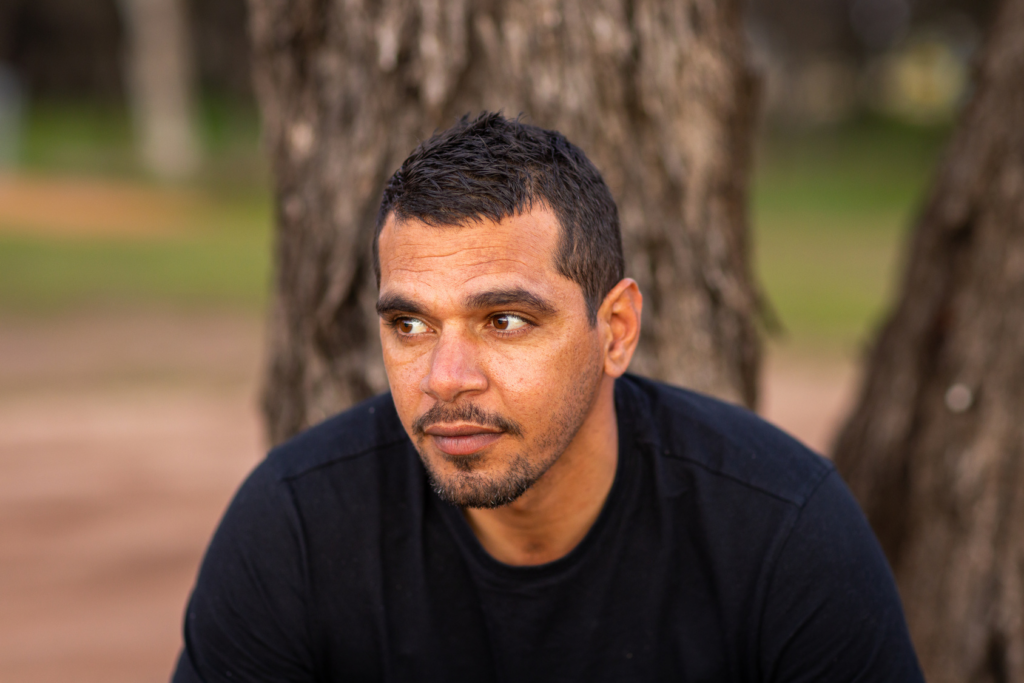
Services
Family violence is the most widely used term to identify the experiences of Aboriginal people because it includes the broad range of marital and kinship relationships in which violence may occur, rather than just intimate relationships. It involves the same sorts of behaviours as domestic violence.
There are behaviour change programs specific to First Nation men and communities in many parts of the country. These are usually run by Aboriginal Community-Controlled Organisations (ACCOs) but may not be available in all areas. A small but growing number of programs are being developed to work with Aboriginal and Torres Strait Islander perpetrators of domestic and family violence, often within a holistic family and community context, and with a significant component focusing on cultural dispossession, intergenerational trauma and the effects of colonisation.
MRS can refer you to the service in your area most appropriate for your situation and language, call on 1300 766 491.
Resources
Inteyerrkwe Statement
“We the Aboriginal males from Central Australia and our visitor brothers from around Australia gathered at Inteyerrkwe in July 2008 to develop strategies to ensure our future roles as grandfathers, fathers, uncles, nephews, brothers, grandsons, and sons in caring for our children in a safe family environment that will lead to a happier, longer life that reflects opportunities experienced by the wider community.
We acknowledge and say sorry for the hurt, pain and suffering caused by Aboriginal males to our wives, to our children, to our mothers, to our grandmothers, to our granddaughters, to our aunties, to our nieces and to our sisters.
We also acknowledge that we need the love and support of our Aboriginal women to help us move forward.”
(Note that the Inteyerrkwe Statement was carefully worded. It uses ‘males’ and not ‘man’ or ‘men’ so as to avoid confusion about ‘men’ as initiated males).
What is family, domestic or intimate partner violence?
What is a respectful relationship?
https://noviolence.org.au/wp-content/uploads/2021/08/FS_RespectfulRelationships_2019.pdf
What is a Men’s Behaviour Change Program (MBCP)?
What is an intervention order?
LGBTIQA+
NTV acknowledges that gender inequality and the gendered nature of violence includes not just women but also trans, gender diverse and non-binary people. We know that members of the LGBTIQA+ community are at risk of violence from family, partners and strangers and that stigma and discrimination are drivers of violence.
With this in mind, we have a dedicated policy outlining how we work with trans, gender diverse and non-binary people and ensure our staff attend LGBTIQA+ inclusion training on a regular basis.
We have several inclusion initiatives for our work with LGBTIQA+ communities:
- regular diversity training
- internal lived experience staff group, NTV Pride, for LGBTIQA+ staff
- Diversity Allies program
- Community Advisory Council
- Diversity and Inclusion Advisor.
Rainbow Tick
NTV achieved Rainbow Tick accreditation in 2022 after a concerted effort by a small team with the support of the whole organisation. This LGBTIQA+ national accreditation is well respected and ensures inclusion and the cultural safety of LGBTIQA+ staff and service users.
The six Rainbow Tick Standards are:
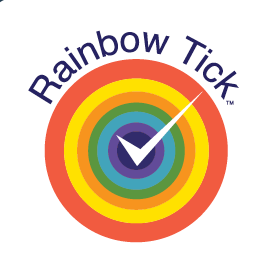
- Organisational capability
- Workforce development
- Consumer participation
- A welcoming and accessible organisation
- Disclosure and documentation
- Culturally safe and acceptable services.

Services
There are behaviour change programs in some states and territories for Gay, Bi, Queer and Trans men, with a new national online program through Thorne Harbour Health and very few for women and other genders.
Programs for women who perpetrate domestic and family violence are different in a number of ways, including that for most participants, prior experience of violence is a significant factor in their offending. Where available, due to the relatively lower numbers of referrals, they are almost exclusively provided as individual counselling rather than group programs. Notably, a significant proportion of female offenders not only have a prior history of experiencing violence, but they also experience violence by their current or former partner against whom they have offended.
MRS can refer you to the service in your area most appropriate for your situation, call on 1300 766 491.
Resources
What is family, domestic or intimate partner violence?
- Get Help | LGBTQ Domestic Violence Awareness Foundation (dvafoundation.org)
- Find a Service – Say It Out Loud
- Are You Hurting Someone? – Say It Out Loud
- Intimate partner violence in lesbian, gay, bisexual, trans, intersex and queer communities | Australian Institute of Family Studies (aifs.gov.au)
What is a respectful relationship?
https://noviolence.org.au/wp-content/uploads/2021/08/FS_RespectfulRelationships_2019.pdf
What is a Men’s Behaviour Change Program (MBCP)?
What is an intervention order?
TGDNB policy P&C021 Transgender, Gender Diverse and Non-Binary Policy
Understanding how coercive control can affect LGBTQIA+ people (healthtranslations.vic.gov.au)
Multicultural/Multifaith
NTV has a diverse staff base and welcomes people from every cultural background or faith to access our services.
We have several inclusion initiatives for our work with multicultural and multifaith communities:
- regular diversity training
- Diversity Allies program
- Community Advisory Committee
- Diversity and Inclusion Advisor.

Services
There are a range of behaviour change programs specific to men from a variety of cultures in some states and territories but not all. There is only a small number of specialist MBCPs focusing exclusively on particular cultural or identity-based contexts, for example, there are MBCPs conducted in Vietnamese and Arabic, and a program for South Asian men. MRS can refer you to the service in your area most appropriate for your situation and language, call on 1300 766 491.
Resources
What is family, domestic or intimate partner violence?
- Domestic abuse and coercive control fact sheets (healthtranslations.vic.gov.au)
- Domestic and family violence (factsheet) (healthtranslations.vic.gov.au)
What is a respectful relationship?
https://noviolence.org.au/wp-content/uploads/2021/08/FS_RespectfulRelationships_2019.pdf
What is a Men’s Behaviour Change Program (MBCP)?
What is an intervention order?
https://www.healthtranslations.vic.gov.au/resources/information-about-intervention-orders
Support at Court
Visa advice
Advice about your visa if you’ve been hurt or harmed by your partner (healthtranslations.vic.gov.au)
Men Against Violence video
Men against violence (video with English subtitles) (healthtranslations.vic.gov.au)
Resources in other languages
About family violence (healthtranslations.vic.gov.au)
Domestic and family violence educational videos (healthtranslations.vic.gov.au)
Domestic and family violence (factsheet) (healthtranslations.vic.gov.au)
Healthy relationships
Healthy relationships – multicultural families (healthtranslations.vic.gov.au)
Coercive Control
Understanding how coercive control can affect older people (healthtranslations.vic.gov.au)
Understanding how coercive control can affect LGBTQIA+ people (healthtranslations.vic.gov.au)
Police
Family violence: what police do (healthtranslations.vic.gov.au)
Court
Family Safety Pack
Disability (Visible and Invisible)
At NTV we recognise that there are a range of disabilities that are visible and invisible, and we use the broader definition that includes; physical, sensory, mobility, psychosocial, cognitive and neurological.
Providing access and inclusion to people with a disability is key in our work and we have several inclusion initiatives:
- regular diversity training
- internal lived experience staff group, NTV Disability
- Diversity Allies program
- Community Advisory Committee
- Diversity and Inclusion Advisor.
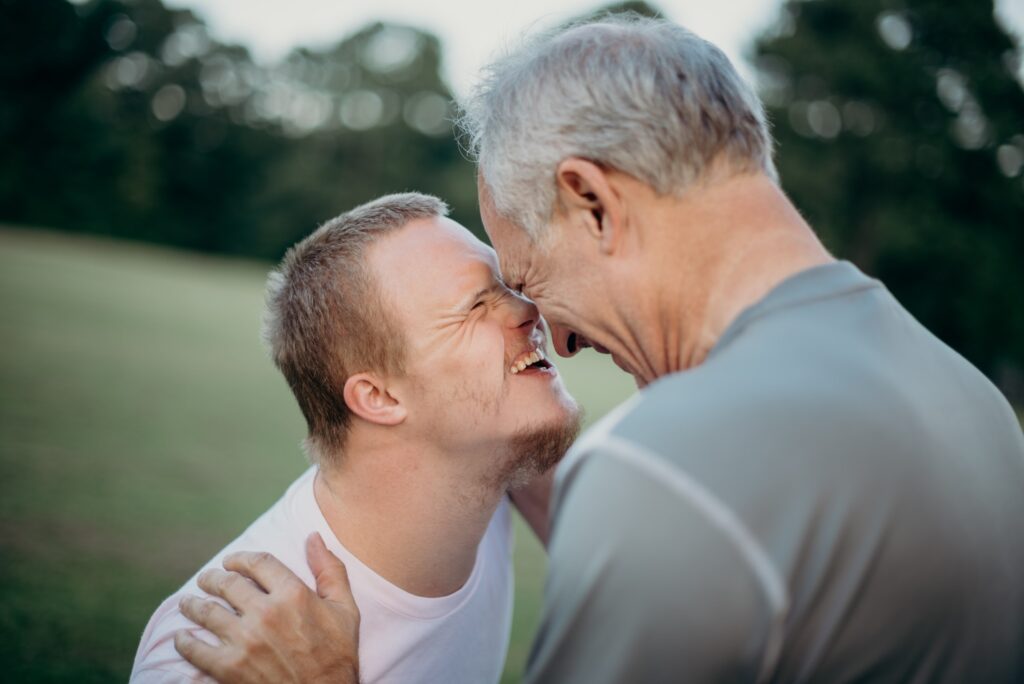
Services
There are behaviour change programs specific to men with a disability in some states and territories but not all. MRS can refer you to the service in your area most appropriate for your situation and language, call on 1300 766 491.
Resources
What is family, domestic or intimate partner violence?
https://www.1800respect.org.au/inclusive-practice/supporting-people-with-disability
What is a respectful relationship?
https://noviolence.org.au/wp-content/uploads/2021/08/FS_RespectfulRelationships_2019.pdf
What is a Men’s Behaviour Change Program (MBCP)?
What is an intervention order?
What is violence and abuse? (Easy Read) (healthtranslations.vic.gov.au)
About family violence (healthtranslations.vic.gov.au)
Police
Family violence: what police do (healthtranslations.vic.gov.au)
Court
Family violence orders and going to court (healthtranslations.vic.gov.au)
Geographically/Socially/Economically/Occupationally Disadvantaged
NTV is aware of the nuanced issues that arise for people who are disadvantaged geographically (rural and remote), occupationally (sex workers) and socially and economically. As a national organisation we strive to ensure that we can support people from all of these backgrounds with our MRS telephone service, Workforce Development for the sector and Members Hub.
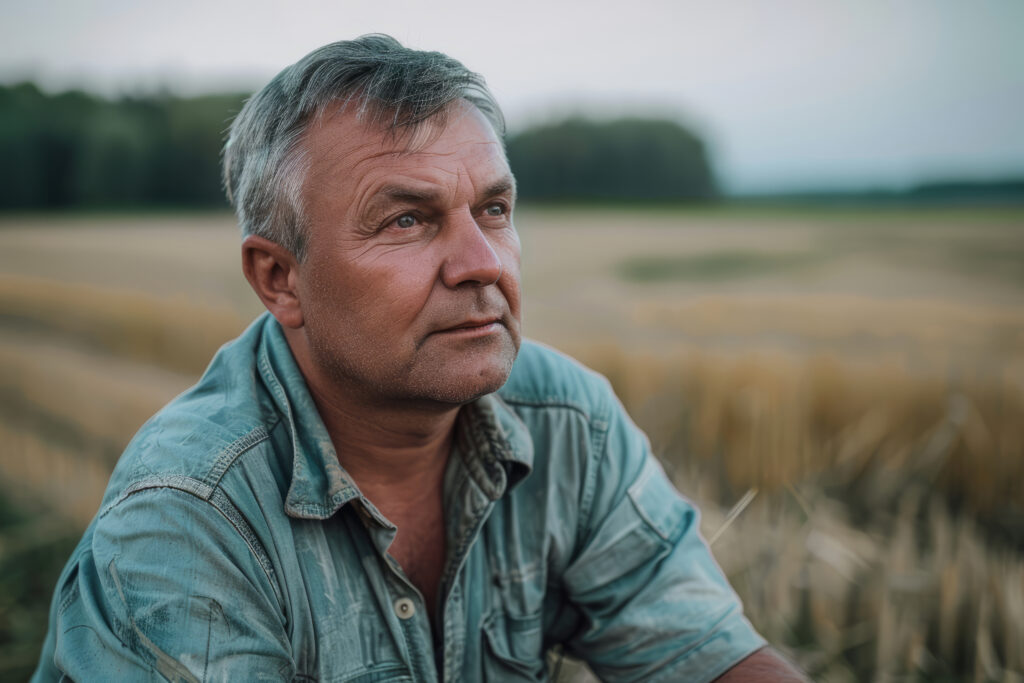
Services
There are behaviour change programs in many regional and remote areas, but not in all communities. MRS can refer you to the service in your area most appropriate for your situation, call on 1300 766 491.
Resources
What is family, domestic or intimate partner violence?
What is a respectful relationship?
https://noviolence.org.au/wp-content/uploads/2021/08/FS_RespectfulRelationships_2019.pdf
What is a Men’s Behaviour Change Program (MBCP)?
What is an intervention order?
Generational/Youth and Age
At NTV we work with people from a range of backgrounds and ages. We are aware of the nuances of elder abuse and how it fits into family and domestic violence. We support people over 18 but can refer to services that work with younger people.
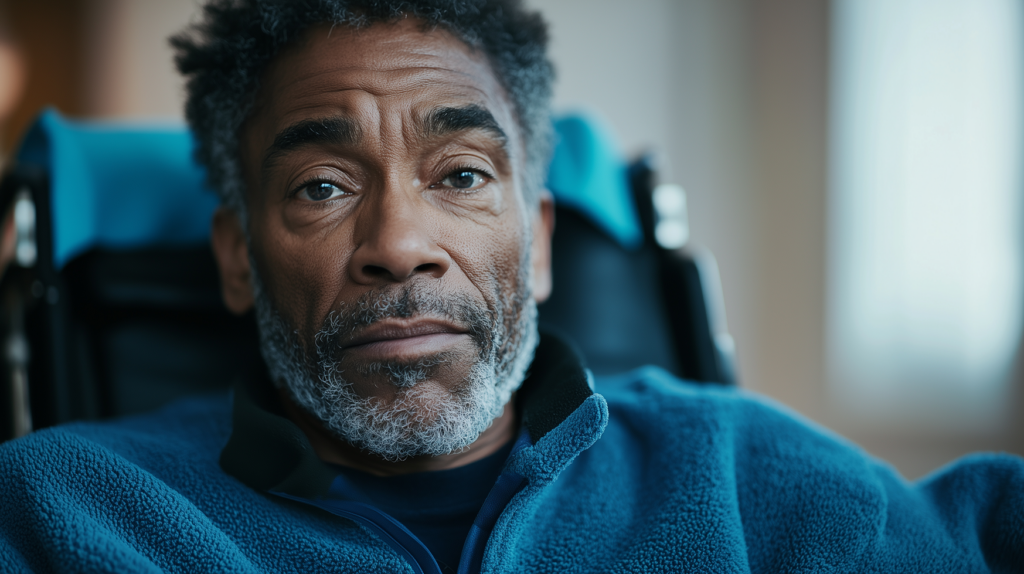
Services
There are behaviour change programs specific to youth in some states and territories but not all. MRS can refer you to the service in your area most appropriate for your situation, call on 1300 766 491.
Unfortunately there is nothing specific for older people, but still call MRS on 1300 766 491 to be referred to an elder abuse service near you.
Resources
What is family, domestic or intimate partner violence?
- Elder abuse | Australian Human Rights Commission
- What is family and domestic violence – Family and domestic violence – Services Australia
- DVConnect Young people
- Adolescent to Parent Abuse
What is a respectful relationship?
https://noviolence.org.au/wp-content/uploads/2021/08/FS_RespectfulRelationships_2019.pdf
What is a Men’s Behaviour Change Program (MBCP)?
What is an intervention order?
https://www.australianfamilylawyers.com.au/information-centre/understanding-intervention-orders
Understanding how coercive control can affect older people (healthtranslations.vic.gov.au)


